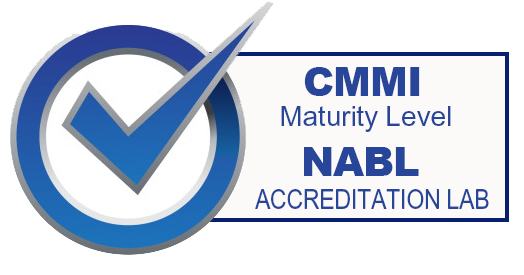- Call Us Now : +91 933-658-5266
- Send Us Email : geovisioninfocom@gmail.com
Hurricane
Don't Take Risks Learn To Manage Well.
Preventive measures to reduce the risk of Hurricane
- Long before a warning is issued, coastal residents should make evacuation plans. Identify a safe shelter that is likely outside of harm’s way, and a route to get there.
- The Department of Homeland Security recommends that coastal residents store at least three days worth of food, in anticipation of a hurricane.
- Charge electronics and keep portable batteries nearby—but don’t assume you will have a cell or radio signal during the storm. It can help to purchase battery-operated radios for back-up.
- It’s also a good idea to keep clean such infrastructure as pipes and storm drains, to reduce damages as much as possible in the event that flooding occurs.


Readiness towards Hurricane
- As a storm unfolds, people should listen to local authorities on radio or television. As mentioned above, hurricane.gov provides updates every six hours, and people can also sign up for community alerts.
- Remember that a lull often signifies the storm’s eye—not its end. Anyone riding out a hurricane should wait for authorities to announce that the danger has passed.
- Be smart. Although dedicated professionals and improved technology have made hurricane forecasting more accurate than ever before—it’s far from precise.
- If you feel unsafe in a hurricane-prone area, take cover.
Response To Hurricane
The information below provides a brief summary of some of the most common hazards associated with hurricane as well as precautions that can be taken to protect against those hazards:
- No matter how eager you are to re-start your life, experts say it’s best to take things slow after a hurricane.
- If you evacuated during the storm, don’t return until authorities say it is safe to do so. This could mean waiting an extended period of time.
- Once home, avoid electronic equipment and power lines. (You may even want to have a licensed electrician check your home for possible damages)
- Take pictures of any destruction to use as documentation later.
Recovery From Hurricane
Four components of Recovery from Hurrican disasters
- Response to a Power Outage – During a power outage, several issues may arise. In addition to vaccine storage mentioned above, depending on the time of year, extreme temperatures could impact children. Food and water safety, as well as safe generator use, will be important to consider in recovery efforts.
- Food and Water Safety – Take steps to prevent illness from unsafe food and water. Keep food at recommended temperatures. Do not eat or drink anything that has touched flood water.
- Safe Generator Use – The risk of carbon monoxide poisoning increases after disasters when gasoline- or diesel-powered generators are used to supply alternative sources of fuel or electricity for heating or cooking.
- Returning to Affected Areas – Children should be the last to return during flood recovery or when disaster clean-up is needed.


